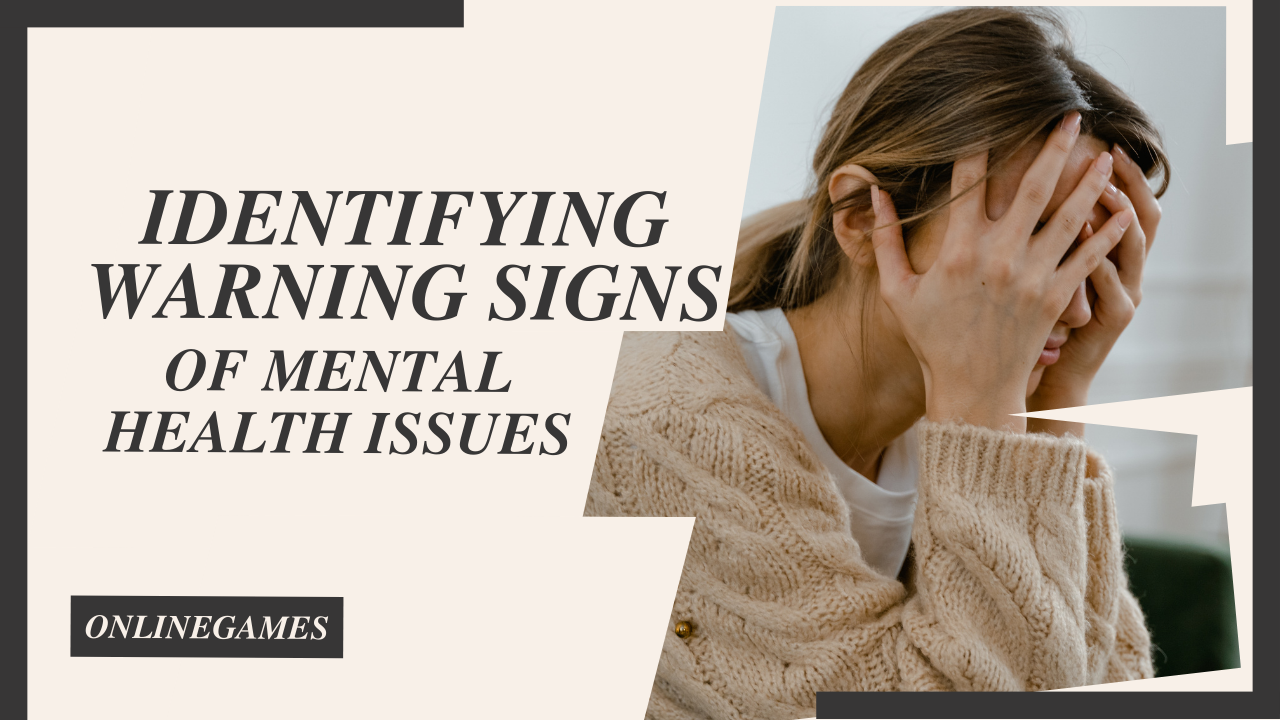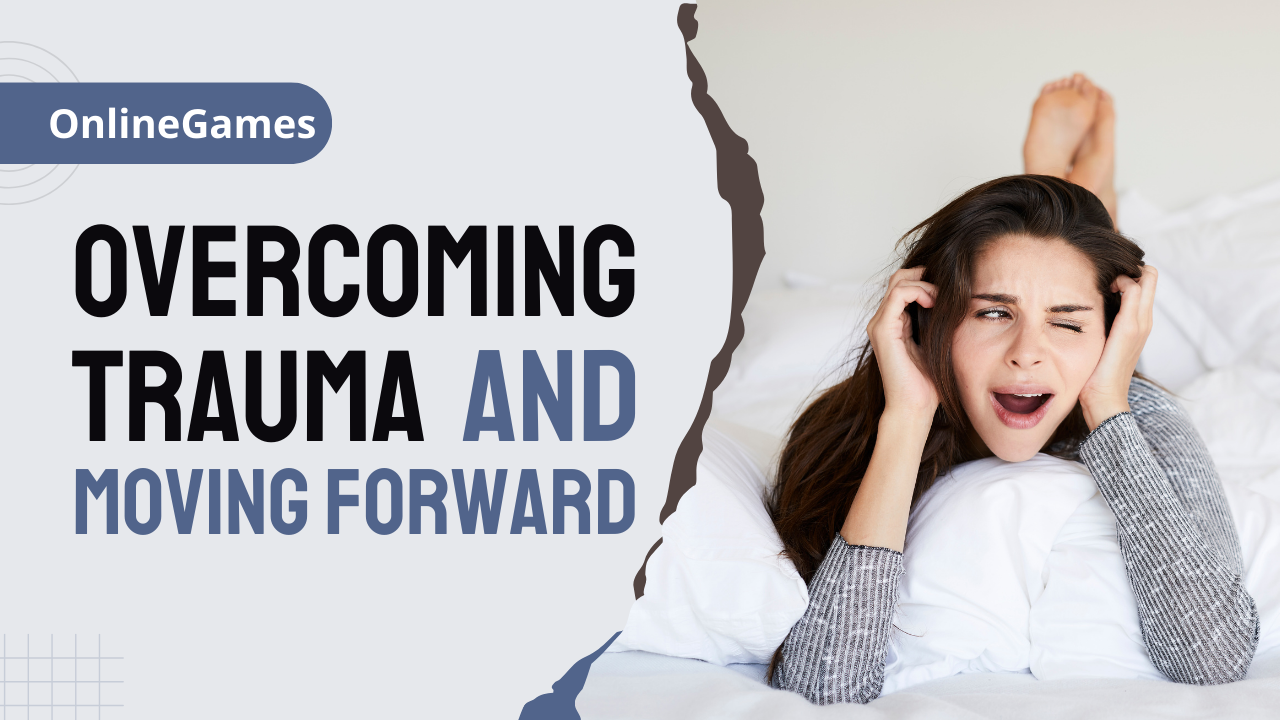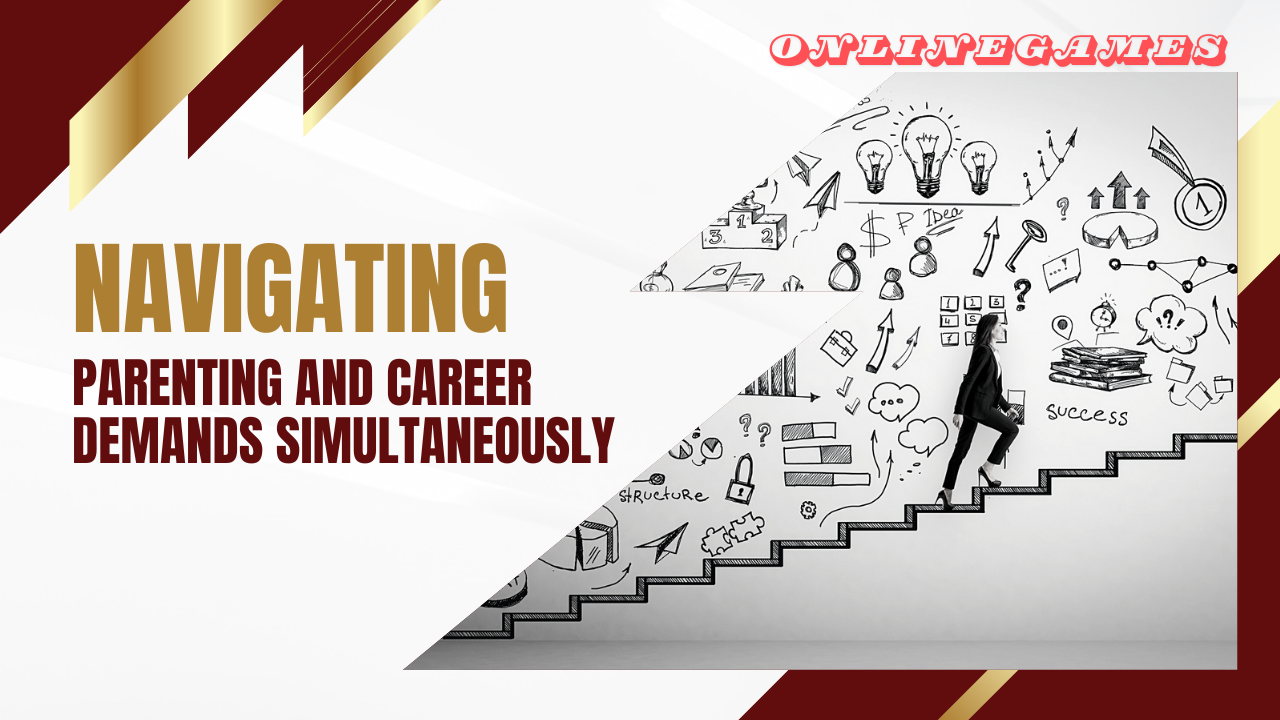In today’s fast-paced world, understanding the warning signs of mental health issues is crucial for early intervention and support. Mental health problems affect millions worldwide, yet many individuals may not recognize the signs or know where to seek help. This comprehensive guide aims to highlight key indicators of various mental health conditions, empowering readers to identify potential issues in themselves or others and take proactive steps towards wellness.
Recognizing Early Signs
Mental health issues can manifest differently in each person, but there are common early signs to watch for. Changes in behaviour, mood swings, withdrawal from social activities, and difficulty coping with daily tasks are all potential indicators. It’s important to note that these signs can vary depending on the specific condition and the individual’s personality.
Common Mental Health Disorders
Depression
Depression is one of the most prevalent mental health disorders globally, characterized by persistent sadness, loss of interest in activities, changes in appetite or sleep patterns, and feelings of worthlessness. Individuals experiencing depression may also have trouble concentrating and making decisions.
Anxiety Disorders
Anxiety disorders encompass a range of conditions such as generalized anxiety disorder, panic disorder, and social anxiety disorder. Symptoms include excessive worry, restlessness, irritability, muscle tension, and difficulty concentrating. Anxiety disorders can significantly impact daily life and often co-occur with other mental health issues.
Bipolar Disorder
Bipolar disorder involves extreme mood swings that include emotional highs (mania or hypomania) and lows (depression). During manic episodes, individuals may feel euphoric, have increased energy, engage in risky behaviours, and experience racing thoughts. Depressive episodes can be severe and debilitating.
Schizophrenia
Schizophrenia is a chronic mental disorder characterized by distorted thinking, hallucinations, delusions, and impaired social functioning. Symptoms typically emerge in early adulthood and can severely disrupt an individual’s perception of reality.
Behavioral and Emotional Signs
Behavioural Changes
Behavioural changes can be significant indicators of underlying mental health issues. These changes may include increased irritability, agitation, reckless behaviour, or sudden changes in social relationships. Paying attention to shifts in behaviour can help identify when someone may be struggling.
Emotional Symptoms
Emotional symptoms vary widely depending on the specific disorder but can include excessive fear, sadness, anger, or emotional numbness. It’s essential to recognize when these emotions become overwhelming or interfere with daily functioning.
Physical Symptoms
While mental health issues primarily affect thoughts, emotions, and behaviours, they can also manifest physically. Persistent headaches, digestive issues, insomnia, and chronic fatigue may accompany certain mental health conditions. These physical symptoms are often overlooked but can provide valuable clues to an underlying mental health concern.
Seeking Help and Support
Importance of Early Intervention
Early intervention is critical in managing mental health issues effectively. Recognizing warning signs promptly allows individuals to seek professional help and support. Mental health professionals, including psychiatrists, psychologists, and counsellors, can provide a thorough evaluation and recommend appropriate treatment options.
Treatment Options
Treatment for mental health issues varies depending on the diagnosis but may include therapy (such as cognitive-behavioral therapy or psychotherapy), medication, lifestyle modifications, and support groups. A personalized treatment plan tailored to the individual’s needs is essential for long-term recovery.
Support Systems
Building a strong support system is invaluable for individuals managing mental health issues. Family members, friends, and support groups can offer emotional support, understanding, and practical assistance during challenging times. Peer support networks and online communities also provide valuable resources and connections.
Breaking the Stigma
Education and Awareness
Raising awareness and promoting mental health education are crucial steps in reducing stigma and encouraging open discussions. Increased understanding helps create supportive environments where individuals feel comfortable seeking help without fear of judgment.
Encouraging Dialogue
Encouraging open dialogue about mental health empowers individuals to share their experiences, seek guidance, and advocate for better mental health resources. Breaking down barriers to treatment starts with normalizing conversations about mental well-being in everyday life.
Understanding the warning signs of mental health issues is essential for promoting early intervention, reducing stigma, and supporting overall well-being. By recognizing behavioural, emotional, and physical indicators, individuals can take proactive steps towards seeking help and achieving mental health recovery. Remember, seeking support is a sign of strength, and no one should face mental health challenges alone.










